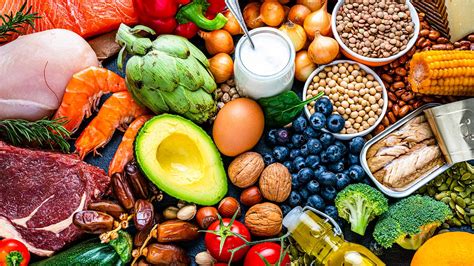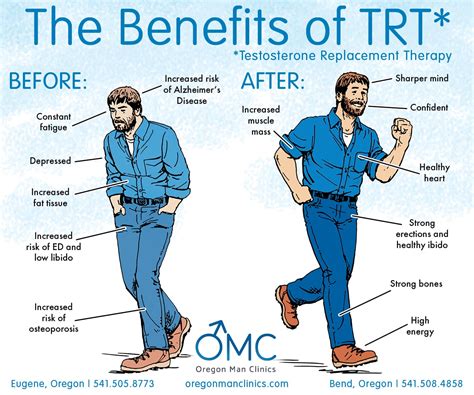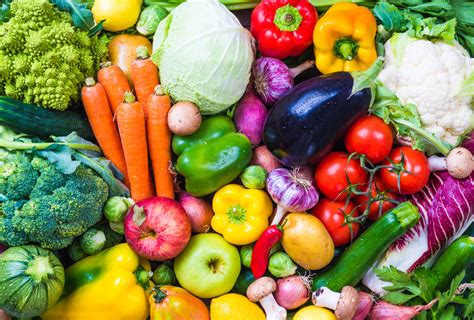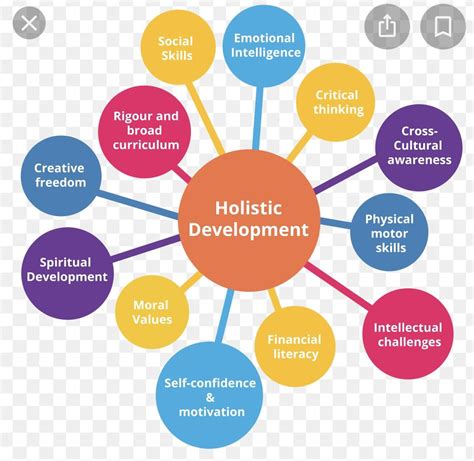Nutrition strategies to naturally boost testosterone & energy?

Unlock Vitality: Fueling Testosterone and Energy Naturally
In the pursuit of optimal health, men often seek ways to naturally enhance their testosterone levels and maintain robust energy throughout the day. While many factors influence these vital aspects of well-being, nutrition stands as a cornerstone. By strategically selecting and combining the right foods, you can create a powerful internal environment conducive to higher testosterone production and sustained vitality.
The Foundation: Balancing Macronutrients
A balanced intake of macronutrients—fats, proteins, and carbohydrates—is crucial for hormonal health and energy regulation. Each plays a distinct role in supporting your body’s functions.
Healthy Fats: Often misunderstood, healthy fats are essential for hormone production, including testosterone. Incorporate monounsaturated and polyunsaturated fats from sources like avocados, olive oil, nuts, seeds, and fatty fish (salmon, mackerel).
Quality Protein: Adequate protein intake supports muscle synthesis and provides the building blocks for enzymes and hormones. Choose lean protein sources such as grass-fed beef, poultry, eggs, and legumes. Aim for protein at every meal to help stabilize blood sugar and provide sustained energy.
Complex Carbohydrates: These are your primary source of energy. Opt for whole grains, fruits, and vegetables over refined sugars and processed carbs. Complex carbohydrates help maintain stable blood sugar, preventing energy crashes and supporting the adrenal glands, which are linked to hormone regulation.

Essential Micronutrients for Hormone Health
While macronutrients provide the bulk of your caloric needs, micronutrients—vitamins and minerals—act as critical cofactors in countless bodily processes, including testosterone synthesis and energy production.
Vitamin D: Often called the “sunshine vitamin,” Vitamin D is a powerful steroid hormone precursor crucial for testosterone production. Fatty fish, fortified dairy, and safe sun exposure are key sources.
Zinc: This essential mineral plays a vital role in over 300 enzymatic reactions, including those involved in testosterone synthesis. Good sources include oysters, red meat, pumpkin seeds, and legumes.
Magnesium: Involved in muscle function, energy production, and nerve transmission, magnesium also contributes to free testosterone levels. Leafy green vegetables, nuts, seeds, and whole grains are rich in magnesium.
B Vitamins: A full spectrum of B vitamins, particularly B6 and B12, are vital for energy metabolism and neurotransmitter function, directly impacting overall energy levels and mood.

Foods to Prioritize for Optimal Function
Beyond individual nutrients, certain whole foods offer a synergistic blend of compounds beneficial for testosterone and energy:
- Leafy Green Vegetables: Spinach, kale, and other greens are packed with magnesium, zinc, and other antioxidants.
- Cruciferous Vegetables: Broccoli, cauliflower, and Brussels sprouts contain compounds that help regulate estrogen, indirectly supporting testosterone balance.
- Fatty Fish: Salmon, tuna, and mackerel are excellent sources of Vitamin D and Omega-3 fatty acids, both vital for hormone health.
- Eggs: The yolks are a powerhouse of Vitamin D, healthy fats, and cholesterol—a precursor to testosterone.
- Berries: Rich in antioxidants, they help reduce oxidative stress, which can negatively impact hormone levels.
- Nuts and Seeds: Almonds, walnuts, chia seeds, and flaxseeds provide healthy fats, zinc, magnesium, and fiber.

Foods to Limit or Avoid
Just as important as what you eat is what you avoid. Certain foods can hinder testosterone production and sap your energy:
- Processed Foods and Sugary Drinks: These contribute to inflammation, insulin resistance, and weight gain, all of which can negatively impact hormone balance.
- Excessive Alcohol: Chronic alcohol consumption can directly interfere with testosterone production and liver function.
- Soy Products (in excess): While some soy is fine, very high intake may have estrogenic effects in some individuals, potentially impacting testosterone.
- Trans Fats: Found in many fried and processed foods, trans fats are detrimental to cardiovascular health and hormone function.

Hydration and Meal Timing
Don’t underestimate the power of water. Staying well-hydrated is crucial for all bodily functions, including nutrient transport and energy metabolism. Aim for at least 8 glasses of water daily. Consistent meal timing, with balanced meals and snacks, helps stabilize blood sugar and energy levels, preventing peaks and valleys that can stress your system.
Beyond Diet: Lifestyle Synergy
While nutrition is paramount, remember that it works in synergy with other lifestyle factors. Adequate sleep, regular exercise (especially strength training), and effective stress management are equally vital components for naturally optimizing testosterone and energy levels. A holistic approach will always yield the best results.

Conclusion
Boosting testosterone and energy naturally is an achievable goal through thoughtful nutritional choices. By focusing on a balanced intake of healthy fats, quality proteins, complex carbohydrates, and essential micronutrients like Vitamin D, Zinc, and Magnesium, you empower your body’s inherent ability to thrive. Embrace a whole-foods-based diet, limit detrimental processed items, and complement your efforts with healthy lifestyle habits to unlock a new level of vitality and well-being.









